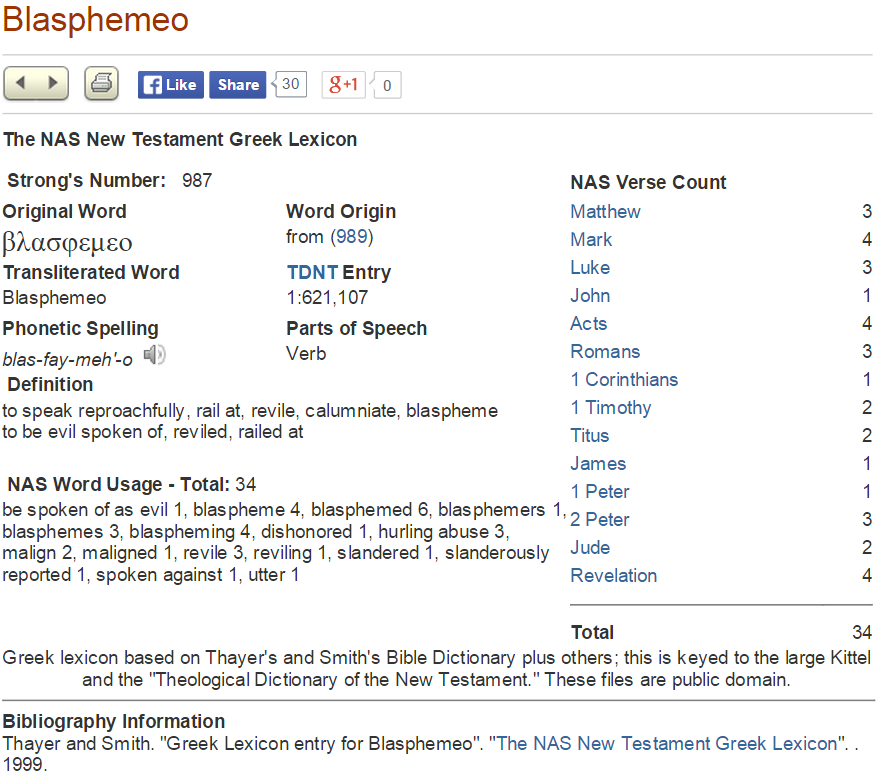- 1-2 Men not Jewish from a faraway country have seen signs in the heavens of Jesus’ birth and have come to worship Him. In other words, people who have zero connection to Old Testament knowledge, history, or tradition are coming to worship Jesus on His birthday. John 3:16 is reinforced in that God wants the entire world, Jew and gentile alike to come to know Him through His son.
- 5 Confirmation of prophesy and OT scripture of where the Messiah was to be born. Even the forces of the enemy, Herod, knew Jesus was coming and where.
- 6 The Greek word that is translated as Governor in this verse really has the flavor of a leader, guide, judge, or someone who moves people away from something of harm toward something that is good for them. Additionally, where the KJV has “shall rule,” this is more like tend as a shepherd keeping a flock safe from harm and well-fed. This verse is referring to Old Testament passages from Micah 5:2
- 8 I suspect that people who are in top-level power that get their way all the time without having to convince anyone, just by command, aren’t very good liars.
- 9-11 The gifts symbolize things in Jesus’ life. Gold is to symbolize his royalty as a king, frankincense had to do with the incense the priests in the temples burnt symbolizing his priesthood for God, and myrrh was a sweet-smelling aromatic oil used on bodies for the burial rights.
- 12 I suppose maybe Herod was a good liar, after all, considering God had to warn the wise men not to return to him.
- 13-15 The family remained in Egypt for only 1 to 4 years (depending on which scholar(s) you read and agree with). Additionally, the out of Egypt have I called my son line is a prophecy from the OT in Hos 11:1 and Num 24:8 and Ex 4:22.
- 16-18 I cannot fathom someone this evil. The word Rama seems to indicate the tomb of Rachel or a town nearby.
- 19-23 and once again, we have prophecy fulfilled, but in this one, we have no mention in the Old Testament about any mention of either Nazareth or a Nazarene.
1 Now after Jesus was born in Bethlehem of Judea in the days of Herod the king, magi from the east arrived in Jerusalem, saying,
2 “Where is He who has been born King of the Jews? For we saw His star in the east and have come to worship Him.”
3 When Herod the king heard this, he was troubled, and all Jerusalem with him.
4 Gathering together all the chief priests and scribes of the people, he inquired of them where the Messiah was to be born.
5 They said to him, “In Bethlehem of Judea; for this is what has been written by the prophet:
6 ‘AND YOU, BETHLEHEM, LAND OF JUDAH, ARE BY NO MEANS LEAST AMONG THE LEADERS OF JUDAH; FOR OUT OF YOU SHALL COME FORTH A RULER WHO WILL SHEPHERD MY PEOPLE ISRAEL.'”
7 Then Herod secretly called the magi and determined from them the exact time the star appeared.
8 And he sent them to Bethlehem and said, “Go and search carefully for the Child; and when you have found Him, report to me, so that I too may come and worship Him.”
9 After hearing the king, they went their way; and the star, which they had seen in the east, went on before them until it came and stood over the place where the Child was.
10 When they saw the star, they rejoiced exceedingly with great joy.
11 After coming into the house they saw the Child with Mary His mother; and they fell to the ground and worshiped Him. Then, opening their treasures, they presented to Him gifts of gold, frankincense, and myrrh.
12 And having been warned by God in a dream not to return to Herod, the magi left for their own country by another way.
13 Now when they had gone, behold, an angel of the Lord *appeared to Joseph in a dream and said, “Get up! Take the Child and His mother and flee to Egypt, and remain there until I tell you; for Herod is going to search for the Child to destroy Him.”
14 So Joseph got up and took the Child and His mother while it was still night, and left for Egypt.
15 He remained there until the death of Herod. This was to fulfill what had been spoken by the Lord through the prophet: “OUT OF EGYPT I CALLED MY SON.”
16 Then when Herod saw that he had been tricked by the magi, he became very enraged, and sent and slew all the male children who were in Bethlehem and all its vicinity, from two years old and under, according to the time which he had determined from the magi.
17 Then what had been spoken through Jeremiah the prophet was fulfilled:
18 “A VOICE WAS HEARD IN RAMAH, WEEPING AND GREAT MOURNING, RACHEL WEEPING FOR HER CHILDREN; AND SHE REFUSED TO BE COMFORTED, BECAUSE THEY WERE NO MORE.”
19 But when Herod died, behold, an angel of the Lord *appeared in a dream to Joseph in Egypt, and said,
20 “Get up, take the Child and His mother, and go into the land of Israel; for those who sought the Child’s life are dead.”
21 So Joseph got up, took the Child and His mother, and came into the land of Israel.
22 But when he heard that Archelaus was reigning over Judea in place of his father Herod, he was afraid to go there. Then after being warned by God in a dream, he left for the regions of Galilee,
23 and came and lived in a city called Nazareth. This was to fulfill what was spoken through the prophets: “He shall be called a Nazarene.”
Matthew 2:1-23 (NASB)
Greek Strong’s Number: 2233
Greek Word: ἡγέομαι
Transliteration: hēgeomai
Phonetic Pronunciation:
Root: middle voice of a (presumed) strengthened form of <G71>
Cross Reference: TDNT – 2:907,303
Part of Speech: v
Vine’s Words: Account, Chief, Chiefest, Chiefly, Count, Esteem, Governor, Rule, Think
English Words used in KJV:
count 10
think 4
esteem 3
have rule over 3
be governor 2
miscellaneous translations 6
[Total Count: 28]
middle of a (presumed) strengthened form of <G71> (ago); to lead, i.e. command (with official authority); figurative to deem, i.e. consider :- account, (be) chief, count, esteem, governor, judge, have the rule over, suppose, think.
James Strong, Strong’s Talking Greek & Hebrew Dictionary, (Austin, TX: WORDsearch Corp., 2007), WORDsearch CROSS e-book, Under: “2233”.
Greek Strong’s Number: 71
Greek Word: ἄγω
Transliteration: agō
Phonetic Pronunciation:
Root: a primary word
Cross Reference:
Part of Speech: v
Vine’s Words: Bring, Bringing, Brought, Go, Go onward, Lead, Led, Open, Opening
English Words used in KJV:
bring 45
lead 12
go 7
bring forth 2
miscellaneous translations 5
vr bring 1
[Total Count: 72]
a primary verb; properly to lead; by implication to bring, drive, (reflexive) go, (special) pass (time), or (figurative) induce :- be, bring (forth), carry, (let) go, keep, lead away, be open.
James Strong, Strong’s Talking Greek & Hebrew Dictionary, (Austin, TX: WORDsearch Corp., 2007), WORDsearch CROSS e-book, Under: “71”.


